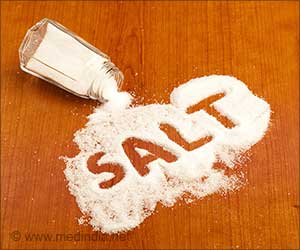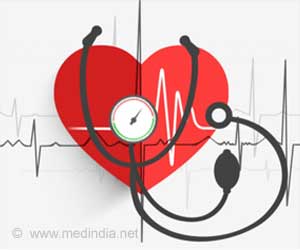The risk of death and disability in stroke patients could be reduced by early and intensive lowering of high blood pressure, according to a new study conducted by researchers at the George Institute for International Health.
The results of the study, in which researchers managed raised blood pressure after intracerebral haemorrhage (stroke), showed that rapid blood pressure lowering is well tolerated and seems to reduce the amount of bleeding in the brain, indicating that such treatment could have promising effects in stroke patients.“These results show that drug treatment to lower elevated blood pressure can be given quickly and safely to patients with intracranial haemorrhage,” said Professor Craig Anderson from the George Institute.
“Furthermore, this treatment appears to limit bleeding in the brain in this type of stroke, which may improve chances of recovery for patients,” he added.
Intracerebral haemorrhage (ICH), the most serious type of stroke that results from rupture of a blood vessel within the brain, is often the result of high blood pressure.
The objective of this pilot study was to determine the feasibility and safety of rapid lowering of elevated blood pressure to more ‘normal’ levels after the onset of ICH, and also examine whether the treatment reduces the amount of bleeding in the brain.
In the study, the researchers recruited 404 patients from 44 hospitals in Australia, China and South Korea from November 2005 to April 2007.
Advertisement
The researchers then followed-up the patients to assess their response to treatment, degree of recovery and changes in brain scan.
Advertisement
“However, early rapid blood pressure lowering shows considerable promise as a widely applicable, cost-effective therapy that can be readily incorporated into clinical practice,” he added.
The study has been reported at the American Heart Association’s International Stroke Conference in New Orleans.
Source-ANI
THK/L











